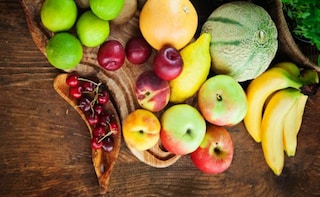Concentration is the key to learning, whether you are studying hard in preparation for IIT JEE, CAT (or any other entrance exam) or just wish to focus better on your work. In this day and age of multi-tasking, it is a struggle to focus for a long period of time. We need all the help we can get, to navigate through the many distractions technology throws at us.
CoffeeAll around the world, coffee is popular as a wake-me-up. Nothing makes you more alert and attentive then that fix of caffeine. But make sure you don't go over-board, as that might leave you restless and jittery. Many studies have proven that coffee in right doses is good for concentration. In his research paper, Florian Koppelsttter, M.D., Ph.D., radiology fellow at Medical University Innsbruck in Austria says, "We were able to show that caffeine modulates a higher brain function through its effects on distinct areas of the brain".Dr. Ritika Samaddar says "A cup or two a day will definitely keep you alert but you must be careful and not have too many cups a day. It can't become a habit because too much coffee isn't healthy and in fact might cause insomnia later in life."
Advertisement
Advertisement
Advertisement
Coffee
Advertisement
For the latest food news, health tips and recipes, like us on Facebook or follow us on Twitter and YouTube.
Advertisement
Tags:
